
The AIgorythm project

Playwright and actor
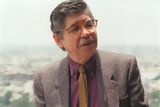
Novelist

Writer and poet

Volleyball player

Italian-Peruvian naturalist and geographer

Singer and percussionist

Last Inca emperor

Politician, former prime Minister

Journalist and TV host
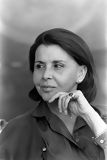
Poet

Inca warrior

Actor and comedian

Biophysicist

Poet

Doctor and researcher
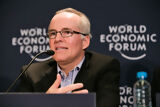
Businessman, Interbank group

Journalist and writer
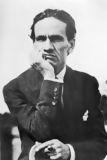
Poet and writer

Singer and songwriter
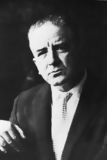
Writer

Film director, Berlin Golden Bear winner

Football player

Writer and journalist
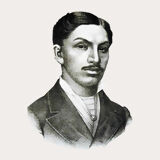
Doctor and scientist

Photograph

Chess player

Industrialist
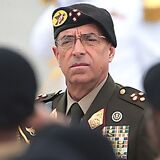
Former general

Specialist in public health

Actress and singer

Afro-Peruvian music singer

Mathematician and engineer

Indigenous chronicler

Neurologist and anthropologist

Painter

Football player

National hero, military leader

Intellectual and reformer

Chef and entrepreneur

Fashion designer

Singer-songwriter

TV presenter

Marathon runner

Indigenous Peruvian chronicler

Theologian

Former national team captain

Economist and former health minister

Inca princess

Writer and television host

Folk musician

Poet and guerrilla
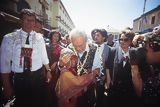
Former UN secretary-general

Chef, known for fusion cuisine

Football player

Peruvian aviation pioneer

Poet and artist
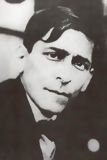
Marxist philosopher and writer

Industrialist and businessman
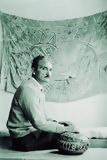
Novelist and ethnologist

Painter and muralist

Opera tenor

Fashion designer

Cardinal of Lima

Peruvian tennis player

Football coach

Leader of the indigenous rebellion

Military hero
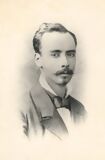
War of the Pacific hero

The youngest mother in history

Politician

Creole music singer

Tennis player
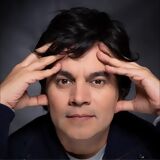
Musician

Writer and politician

Politician and founder of the Christian Democratic Party

Founder of Sodalitium Christianae Vitae

Archaeologist and anthropologist

Military leader and politician

Television host

Actress and singer
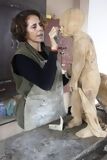
Contemporary sculptor

Women’s rights activist

Beauty queen

Astrophysicist

Heroine of independence

Mathematician and archaeologist

Historian and anthropologist

Military figure and historical figure

Fashion photographer

Writer, Nobel Prize in Literature, Politician

Revolutionary leader
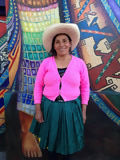
Environmental activist

Leader of the indigenous rebellion

Musician from Gaia band
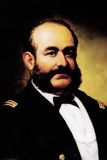
War hero
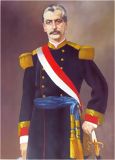
Military leader and politician

Chef, known for Nikkei cuisine

Volleyball coach and former player

Environmental activist

Television personality

Writer
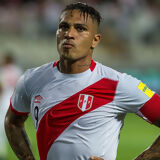
Football player

Epidemiologist and former health Minister

Inventor and aerospace pioneer

Soldier and inventor

Rock singer

Chef and co-owner of Central restaurant

Painter

Football player

TV presenter and actress

Actor
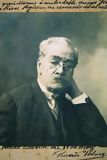
Writer and historian

Journalist and lawyer

Archaeologist, founder of Caral site
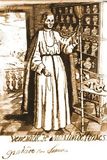
Monk and Saint

Saint, patron of Latin America

Physicist and engineer

World champion surfer

Actress

Oncologist
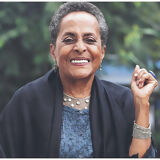
Singer, Latin Grammy winner

Former mayor of Lima

Singer

Actress

Former football player

Painter
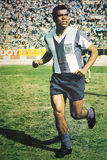
Former football player

Painter

Inca leader

Archbishop, saint

Leader of the indigenous rebellion

Revolutionary indigenous leader

Diplomat and intellectual

Sculptor and painter
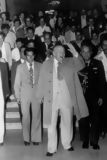
Political leader, founder of APRA

Lawyer and Former prime minister

Chef of Central restaurant
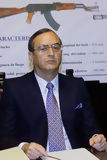
Former head of secret services

Popular singer

Fashion designer

Exotic music singer
Patricia García Funegra is a key figure in public health in Peru and Latin America. A physician, researcher, and former Minister of Health of Peru, she has devoted her career to improving health systems and promoting public health research. Her contributions in the areas of infectious disease prevention, reproductive health, and health equity have had a significant impact not only in Peru but also internationally.
Patricia García was born in Lima, Peru, into a family that always valued education. From a young age, she showed a keen interest in medicine and public health. She studied medicine at Cayetano Heredia University, one of Peru’s most prestigious institutions, specializing in internal medicine and infectious diseases. She later earned a Master’s degree in public health from the University of Washington in the United States.
These academic experiences prepared her to tackle some of the most pressing public health challenges in her country, especially in marginalized communities that lacked access to healthcare. Believing that research could help address public health issues, García focused on clinical and epidemiological research.
Patricia García’s career has been marked by a constant commitment to improving health systems. She has led numerous research projects on infectious diseases, reproductive health, and public health policy. Her areas of expertise include HIV/AIDS prevention, sexually transmitted infections (STIs), and vaccines. She is also widely recognized for her work on human papillomavirus (HPV) and for introducing the HPV vaccine in Peru, a major milestone in the fight against cervical cancer.
In addition to her role as a researcher, García has worked to strengthen public health research capacity in Peru. She has played a key role in building research networks and promoting the training of young researchers. Thanks to her efforts, many healthcare professionals in Peru have had access to training and international collaboration opportunities.
In 2016, Patricia García was appointed Minister of Health of Peru, allowing her to apply her public health expertise on a large scale. During her tenure, she implemented several reforms aimed at improving healthcare access in the country’s most remote regions. She also worked on modernizing the public health system, focusing on disease prevention and improving the quality of care.
One of her most notable initiatives was strengthening the fight against epidemics, such as dengue and Zika, by establishing disease surveillance and prevention programs. She also promoted digital health by launching initiatives to improve the use of information technologies to enhance remote healthcare services, which was critical in a country with many isolated rural communities.
Throughout her career, Patricia García has been a passionate advocate for women’s rights, particularly in reproductive health. She has campaigned for access to contraception and quality reproductive healthcare services for all women, regardless of their economic status. She has also worked to reduce the rates of unintended pregnancies among teenagers, a critical issue in several regions of Peru.
Her commitment to gender equality has led her to collaborate with international organizations such as the World Health Organization (WHO) and the Pan American Health Organization (PAHO), developing inclusive health policies and promoting health equity across Latin America.
Patricia García’s contributions to public health extend beyond Peru. She has been a member of several international public health and research committees, including the World Health Organization. As a researcher and lecturer, she has collaborated with institutions around the world to improve public health policies and strengthen the capacity to respond to global health crises.
She has also played a key role in improving reproductive health and preventing infectious diseases in several Latin American countries, sharing the lessons learned from the successes and challenges encountered in Peru.
Patricia García is an inspiring figure for women in science, medicine, and politics. She has shown that it is possible to balance a high-level research career while taking on important public office roles. Her leadership, commitment to improving public health, and dedication to gender equality have made her a role model for many women around the world.
Patricia García has left an indelible mark on public health in Peru and internationally. Her work as a physician, researcher, and Minister of Health has contributed to improving the lives of millions, particularly in the most vulnerable communities. Her commitment to gender equality, research, and innovation in public health makes her a pioneer whose impact is still felt today. Thanks to her vision, Patricia García has paved the way for a healthier and more equitable future for all.